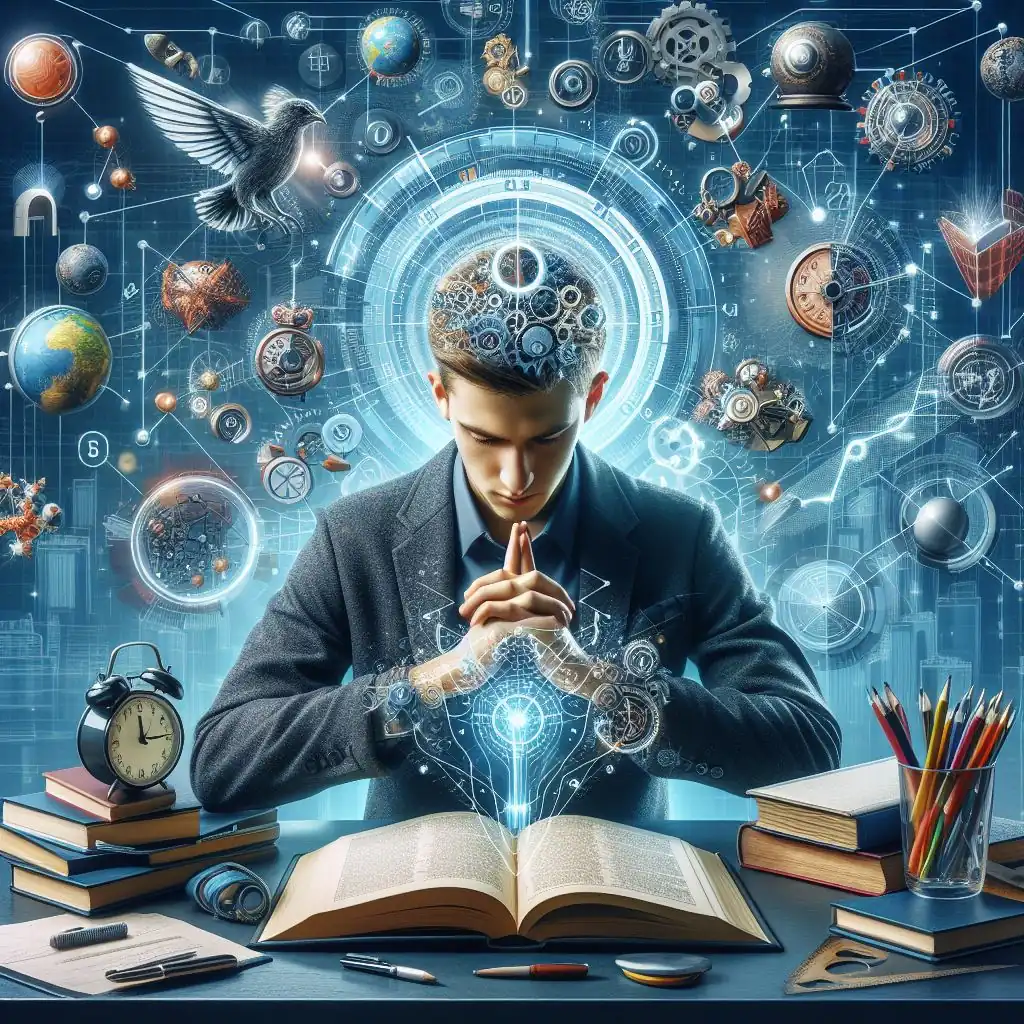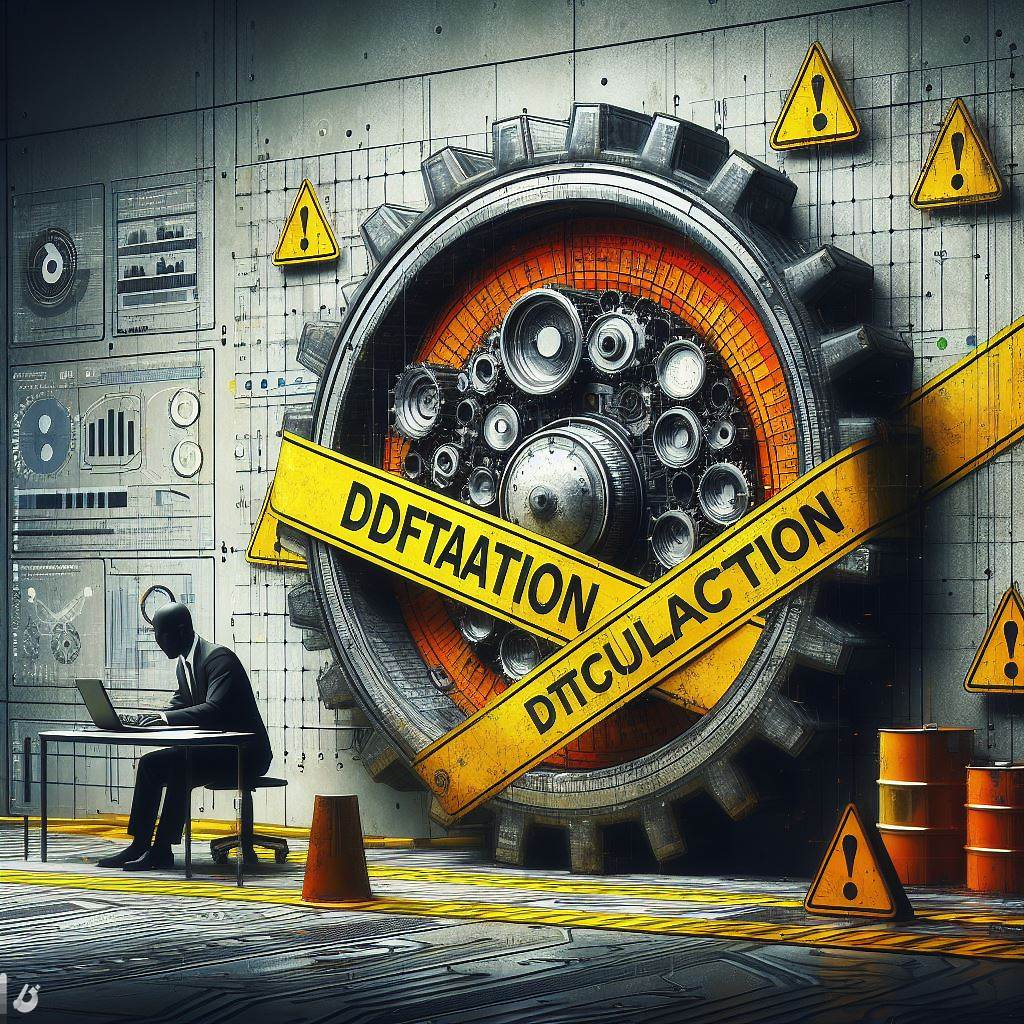Navigating the Pitfalls of Instant Expertise: The Illusion of Omniscience in the Age of AI

In the era of rapid technological advancement, artificial intelligence has become an integral part of our daily lives, offering us unprecedented access to information and assistance. With just a few clicks, we can seek answers to a myriad of questions and acquire a vast array of knowledge. However, as the reliance on AI for information grows, a subtle misconception has taken root - the belief that one can become proficient in any field instantly. In this article, we explore the fallacy of instant expertise and emphasize the importance of time and genuine learning in acquiring true mastery.
The Instant Gratification Dilemma
The advent of AI has brought about a cultural shift, where the expectation of instantaneous expertise has become more prevalent. People often turn to AI platforms to seek answers, solutions, or even insights on subjects they may know little about. While the convenience is undeniable, it is crucial to recognize the distinction between acquiring information and genuinely mastering a skill or field.
Knowledge vs. Expertise
Knowledge, as provided by AI, is akin to having a toolbox filled with tools. However, possessing the tools does not automatically make one a skilled craftsman. Expertise, on the other hand, is cultivated through time, practice, and a deep understanding of the nuances within a particular domain. The danger lies in assuming that the ability to access information instantly translates into the ability to discern and apply that information effectively.
The Pitfalls of Blind Trust
One significant drawback of relying solely on AI for information is the lack of discernment regarding the accuracy and reliability of the responses. AI provides answers based on patterns and data, but it may not always differentiate between fact and opinion, or discern context and nuance. Without the ability to critically evaluate information, individuals risk adopting misconceptions and misinformation, leading to a false sense of expertise.
The Importance of Time and Experience
True expertise is a result of time, experience, and deliberate practice. It involves making mistakes, learning from them, and honing one's skills through a continuous process of refinement. While AI can be an invaluable tool for acquiring knowledge, it should complement, not replace, the journey of genuine skill development.
Cultivating Discernment
To avoid falling into the trap of instant expertise, individuals must cultivate a sense of discernment. Critical thinking, curiosity, and a commitment to continuous learning are essential. It's crucial to question the information received, seek multiple perspectives, and engage in hands-on experiences to gain a comprehensive understanding of a subject.
While AI undeniably empowers us with a wealth of information, it is essential to recognize its limitations in fostering true expertise. Mastery in any field requires time, dedication, and a willingness to learn from both successes and failures. As we navigate the vast landscape of knowledge, let us not be blinded by the illusion of instant expertise but instead embrace the journey of genuine learning and skill development.



